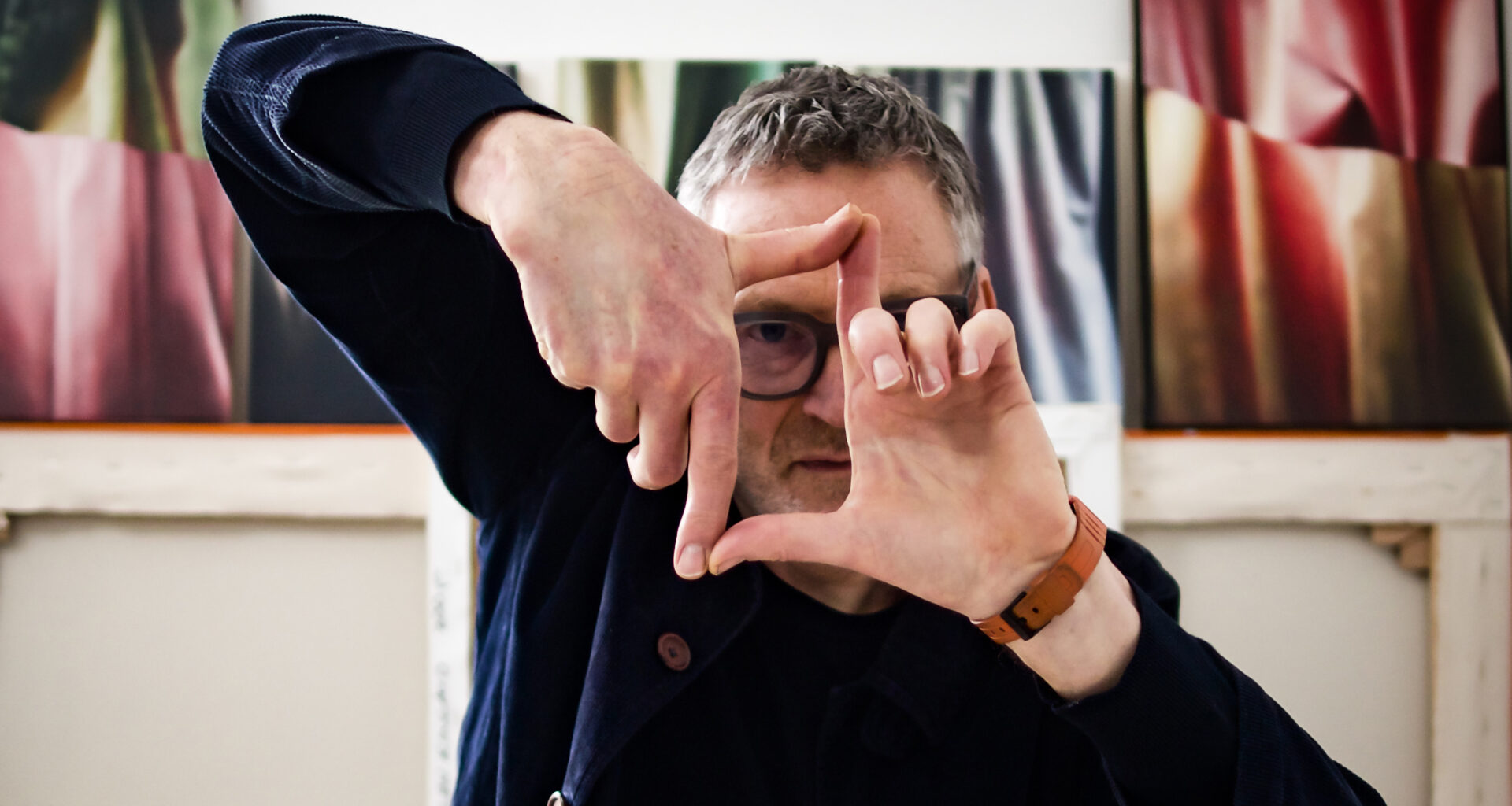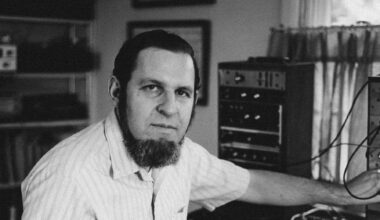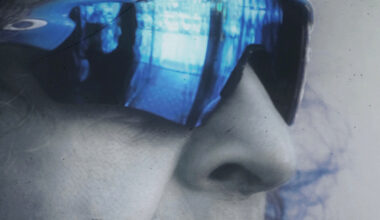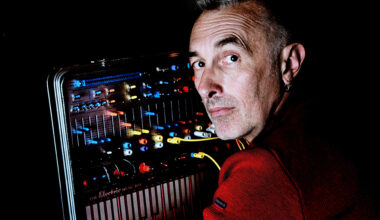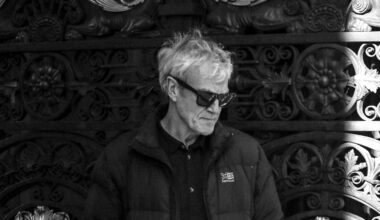Blancmange have released some terrific albums in recent years – and ‘Private View’ is up there with their very best. In a hugely entertaining and highly revealing interview, frontman Neil Arthur gives the inside story on the band’s latest record and also talks art, swimming, dead men’s suits, recycling, smudged bindis, inflatable whales, luck, love, loss… and how everything is connected
Want to read more?
Sign up to Electronic Sound Premium to gain access to every post, video, special offers, and more. 100%, all you can eat, no commitment, cancel any time.
Already a premium member? Log in here
